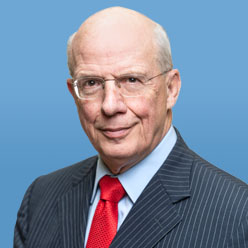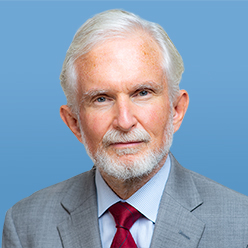The American Foreign Policy Council (AFPC) sponsored a study delegation to Ukraine for eight full days in late September and early October 2015.
Led by former Under Secretary of State William Schneider, Jr. and AFPC President Herman Pirchner, Jr., the delegation included: AFPC VP Ilan Berman; Fred and Oleana Snow, John Train, AFPC Board Member Julia Burke, AFPC Special Projects Coord. Liz Wood, and AFPC Sr. Fellow for Europe and Eurasia E. Wayne Merry.
During much of the trip, the delegation was accompanied by Co-President of the American Ukraine Committee Borys Potapenko. The group visited the capital city, Kyiv; the second-largest city, Kharkiv (the urban area nearest the Russian border); and Poltava, an administrative center in a vital agricultural region.
Throughout their meetings with high level government officials (e.g., Secretary of the National Security Council, First Deputy Speaker of Ukraine’s Parliament, and Ministers of Education and Interior, respectively), the delegation was met with messages of cautious optimism and a plea for both military and economic support from America.
The group found that important reforms -- in policing and education -- are underway, but pervasive official corruption and the continuing influence of the country’s oligarchs remain major obstacles to progress.
They also gleaned that expectations for European and American help are high, especially for US weaponry for the fighting front. Even if the current ceasefire in the Donbas continues, many Ukrainians anticipate renewed Russian-backed armed attacks to weaken their fragile state.
In the past two years there has been a great deal of positive movement in Ukraine: social, political, institutional and economic. Yet, movement is not the same thing as momentum, let alone self-sustaining momentum. The tasks of reform and of securing national sovereignty are well understood and, to some extent, underway. However, the painful lesson of the first Maidan (the Orange Revolution) is that positive momentum can be lost, movement reversed, and promises betrayed.
The achievements of the second Maidan are still a work in progress and hence at risk. Without external assistance, there is no assurance they will develop and succeed, especially given the enmity of Ukraine’s eastern neighbor. In their pursuit of a European future, Ukrainians today look to Russia with anxiety, to Europe with skepticism, and to America with hope.

